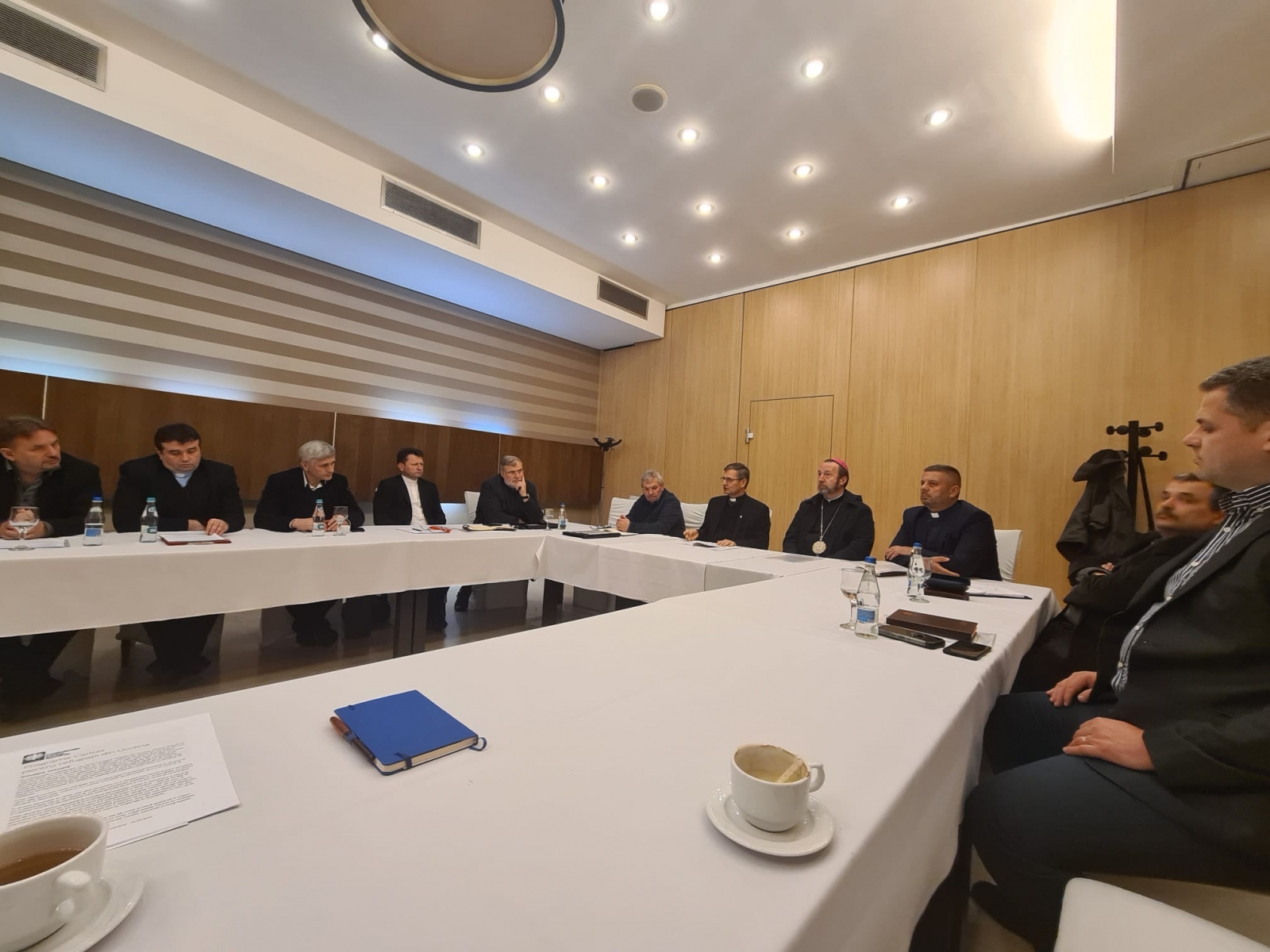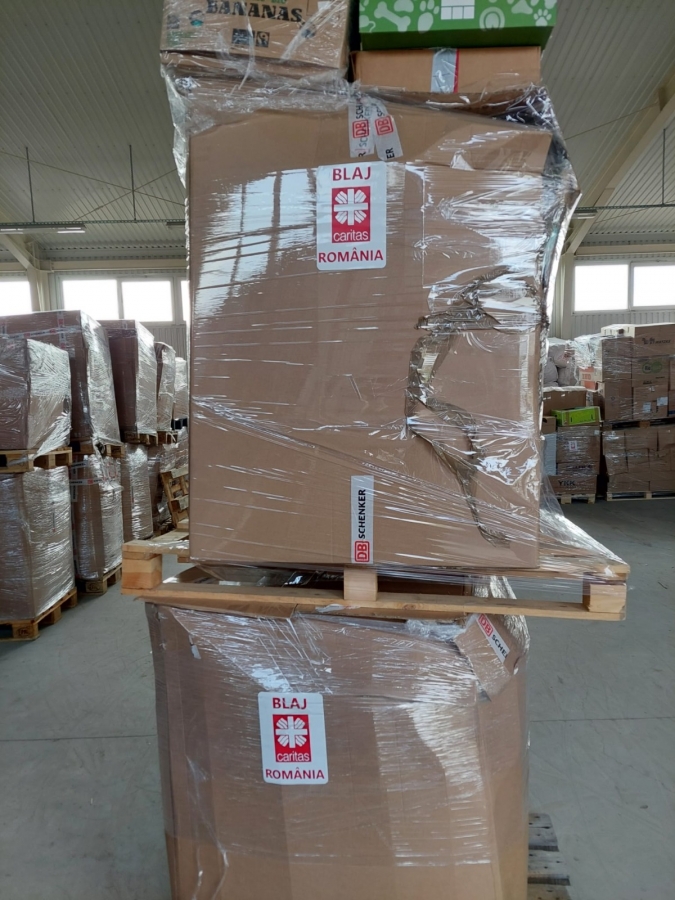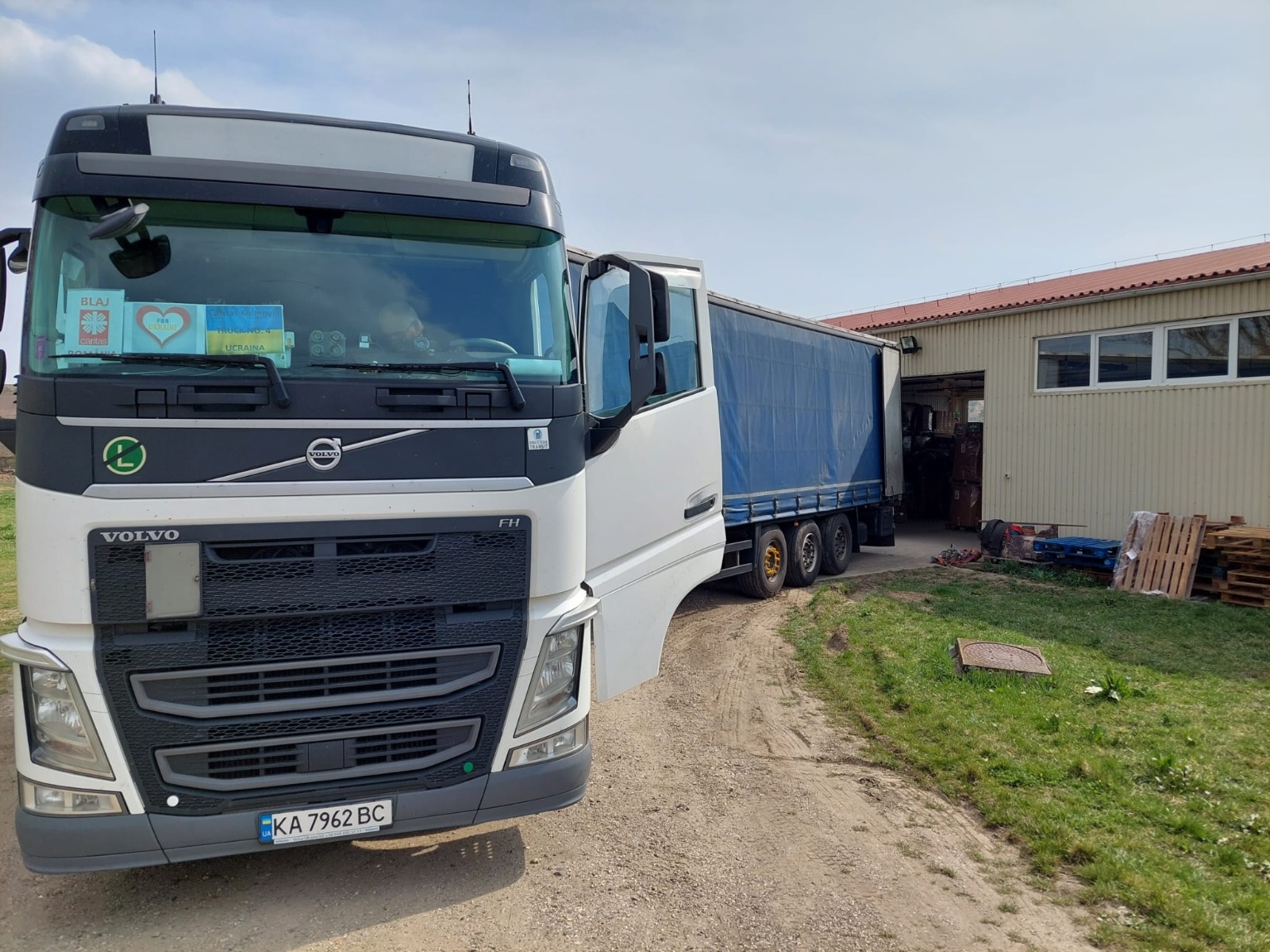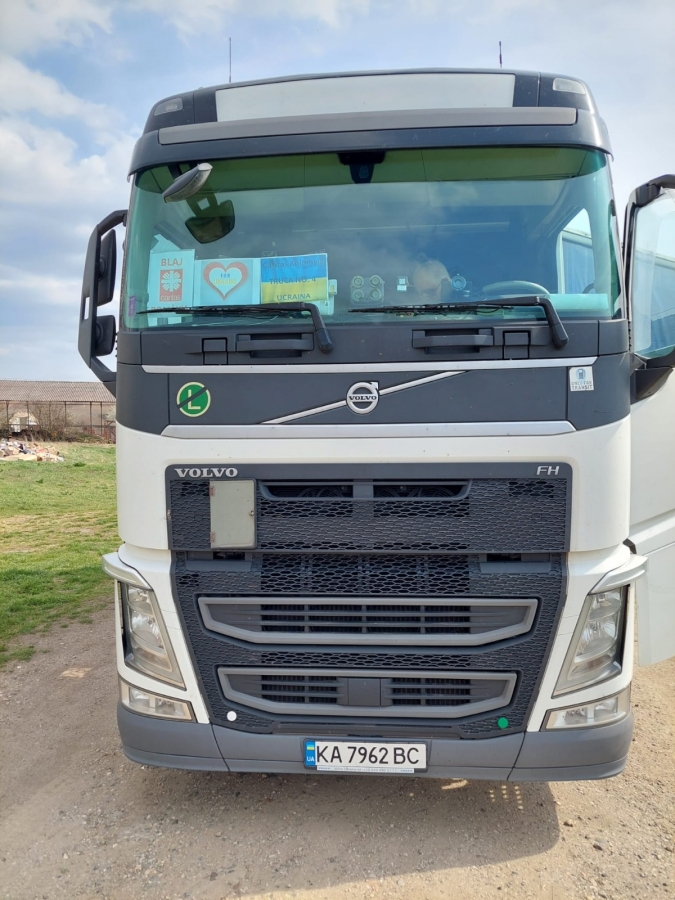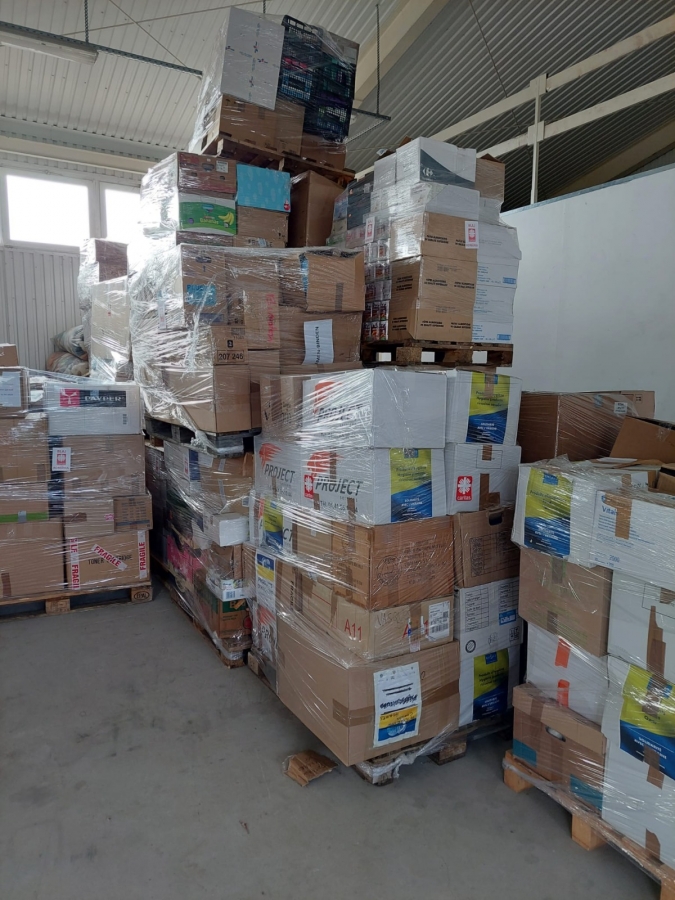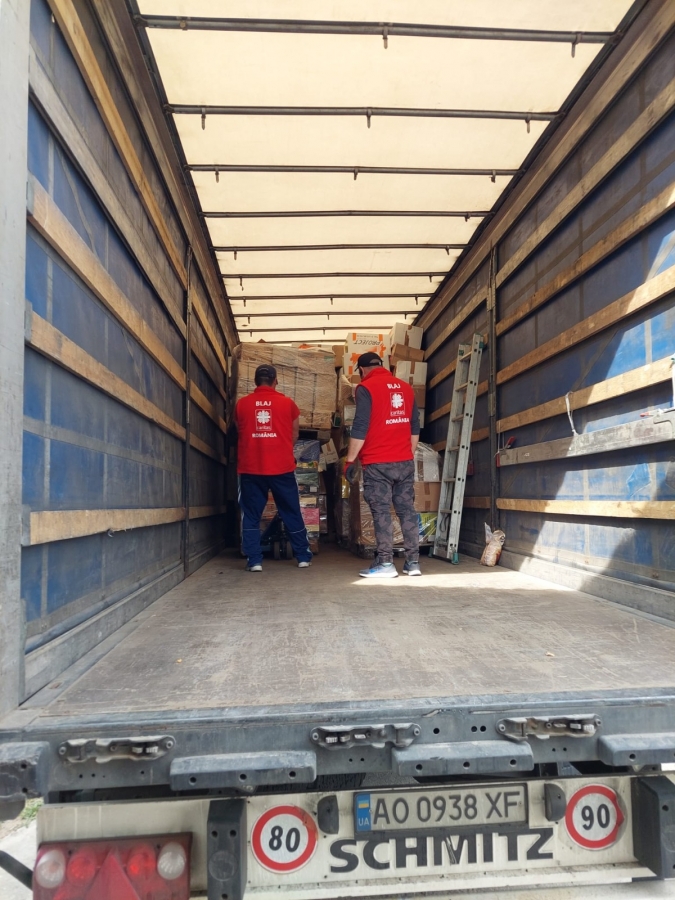Az Annual General Meeting is an official event enshrined in the Statute, during which, in principle, the activity reports for the previous year are discussed, analysed and approved, as well as projects planned for the following year.
This year, the general assembly took place in the context of an unexpected and unwanted event – the war in Ukraine – so the participants took enough time to share with each other what the Caritas organizations had done at the national level in order to provide assistance to Ukrainian citizens who had found refuge in Romania by 1 April.
Thomas Hackl, head of the National Crisis Group of the Caritas Confederation, has pointed out in his report that - "From the first day of the war, Caritas associations active in border counties have been prepared to help the refugees. Nationwide 470 accommodation establishments were made available at Caritas centers, where refugees stayed more than 5,500 times, and 8,330 hot meals were distributed, plus more than 200 people received assistance to continue their journey towards another country. At the same time, Caritas supported Ukrainian colleagues and the people who remained there, sending 70 tons of durable food and other aid to Ukraine. "
True to their mission, the Caritas organizations have made it clear that they intend to continue to provide support to colleagues working in the neighboring country, as well as to refugees.
His eminence Aurel Percă - "Crisis situations show us how useful we are [...] and how much it is necessary to share love, this indispensable tenderness that those in trouble need."
After the huge influx of refugees arriving in the first weeks of the war, and then the slow decrease in the number of refugees, we have found the necessary peace of mind to focus on what Caritas organizations offer in the medium to long term to Ukrainian guests who remain in Romania, as well as to those who are still arriving.
"We consider all those we welcome to caritas centres from Ukraine, not refugees," said Marius Cocut-Forminte, director of Caritas Bucharest.
The leaders of local organisations and caritas staff discussed exactly how they would help them to integrate into Romanian society in the medium to long term.: by providing social services, legal advice, psychological counselling and psycho-affective support, Romanian language courses, educational programs for children, counselling and job opportunities, and facilitating support groups and access to medical services. For all of them, Caritas continues to provide food and shelter. And for those who want to go to other countries, together with the staff of the European Caritas organizations, they provide logistical support to continue the journey.
Ex. Jenő Schönberger - "Caritas associations are not simple NGOs, but much more than that, they are an integral part of the diocese and the community, so we can welcome our ukrainian neighbors as guests."
Ex. Claudiu Lucian Pop: "Thank you for the work you are doing for our church. The situation in Ukraine shows us how important it is to live the charity service every day."
